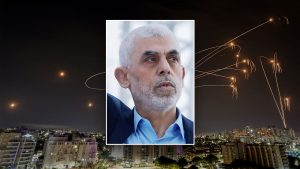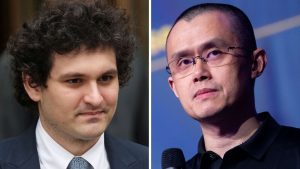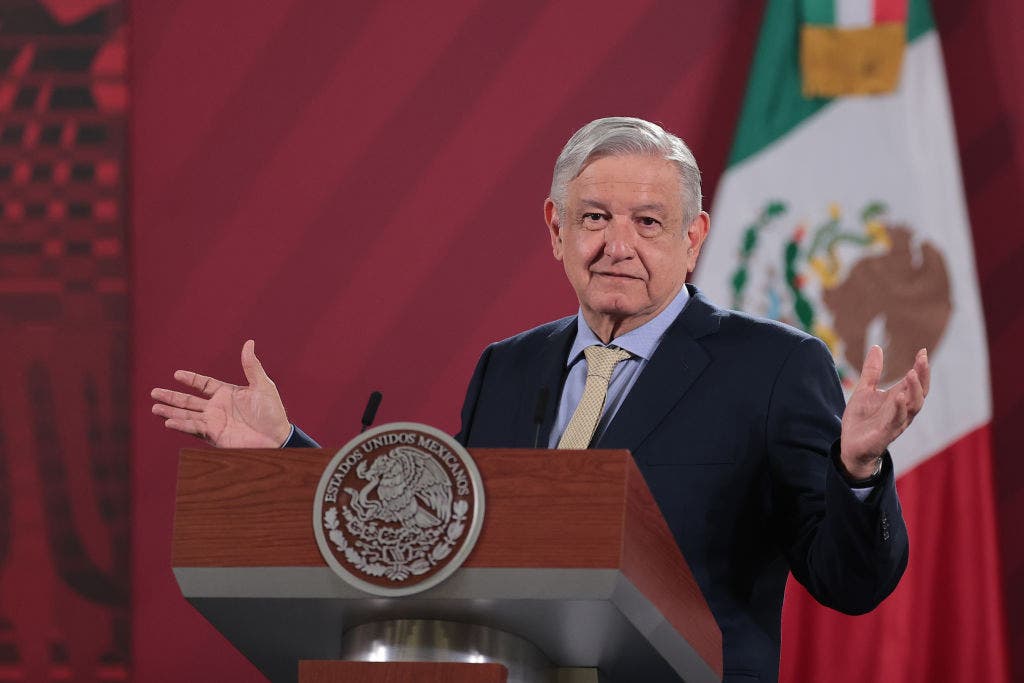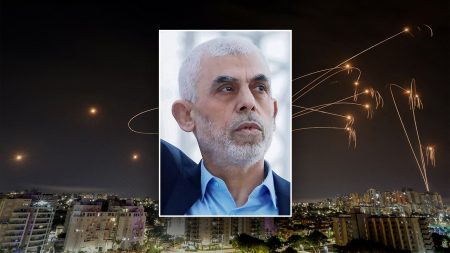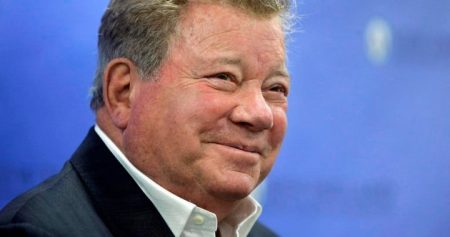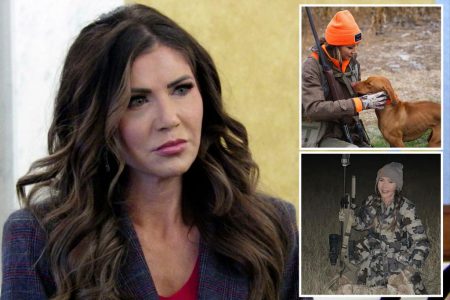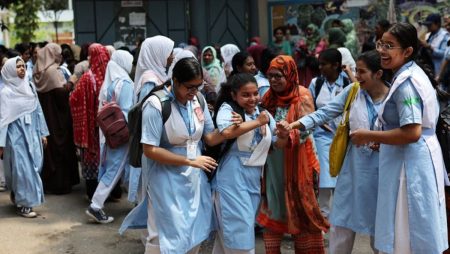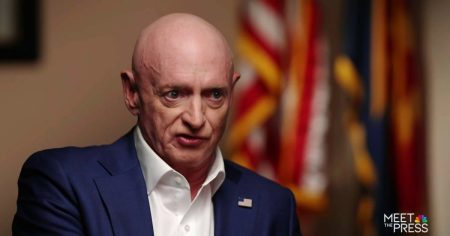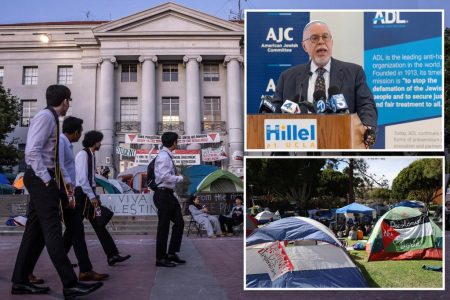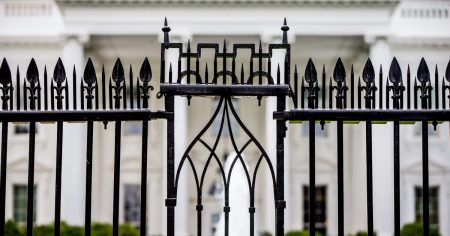President Andrés Manuel López Obrador of Mexico has made controversial statements claiming that violent criminal gangs and drug cartels in the country are essentially “respectful people” who “respect the citizenry” and mostly just kill each other. However, this is sharply contradicted by the reality faced by millions of Mexicans living in areas dominated by these cartels, where residents are routinely extorted and threatened with violence if they do not comply with demands. López Obrador’s comments downplaying the actions of the cartels have drawn criticism from experts and rights activists, who argue that many innocent citizens have been victimized by cartel violence and extortion.
López Obrador has implemented a “Hugs, not Bullets” strategy that aims to address the root causes of cartel involvement by providing job training programs for at-risk youths to prevent them from joining criminal organizations. He has also encouraged peace negotiations between rival cartels, suggesting that a peaceful resolution is possible. However, his assertion that cartels do not attack common citizens has raised concerns about his approach to handling organized crime in Mexico. Many believe that the president’s refusal to directly confront the cartels may contribute to the normalization of their presence and activities in the country.
Despite pressure from the United States to take action against Mexican drug cartels, López Obrador has maintained a stance of prioritizing Mexico’s sovereignty and independence, declaring a policy of “Mexico First.” He has stressed that the Mexican government will not act as “policemen for any foreign government,” emphasizing the need to focus on addressing domestic issues before attending to external demands. The president has also emphasized the need to address the underlying factors contributing to cartel violence, such as poverty and lack of opportunities, rather than engaging in violent confrontations.
López Obrador’s refusal to authorize military attacks on cartel gunmen reflects his belief in the value of human life, even when dealing with criminals. He has sought to protect both civilians and gang members from violence, highlighting the importance of upholding humanitarian principles. However, his casual remarks about cartel activities, such as jokingly threatening to report gang members to their families, have been met with criticism from those directly affected by cartel violence. Communities where cartel control is a daily reality have expressed disappointment and disbelief at the president’s seemingly dismissive attitude towards their struggles.
The president’s repeated visits to the township of Badiraguato in Sinaloa, the hometown of imprisoned drug lord Joaquín “El Chapo” Guzmán, have raised eyebrows and sparked speculation about his motives. López Obrador has defended his visits by quoting a defiant old drinking song, suggesting a sense of national pride and independence in his actions. By limiting the involvement of U.S. agents in Mexico and restricting contact between Mexican law enforcement and foreign agencies, the president has made it clear that he is committed to protecting Mexico’s sovereignty and maintaining control over domestic security matters. However, critics argue that a more proactive approach to combating cartel violence and crime is needed to ensure the safety and well-being of Mexican citizens.
Keep Reading
Subscribe to Updates
Get the latest creative news from FooBar about art, design and business.
© 2024 Globe Echo. All Rights Reserved.
